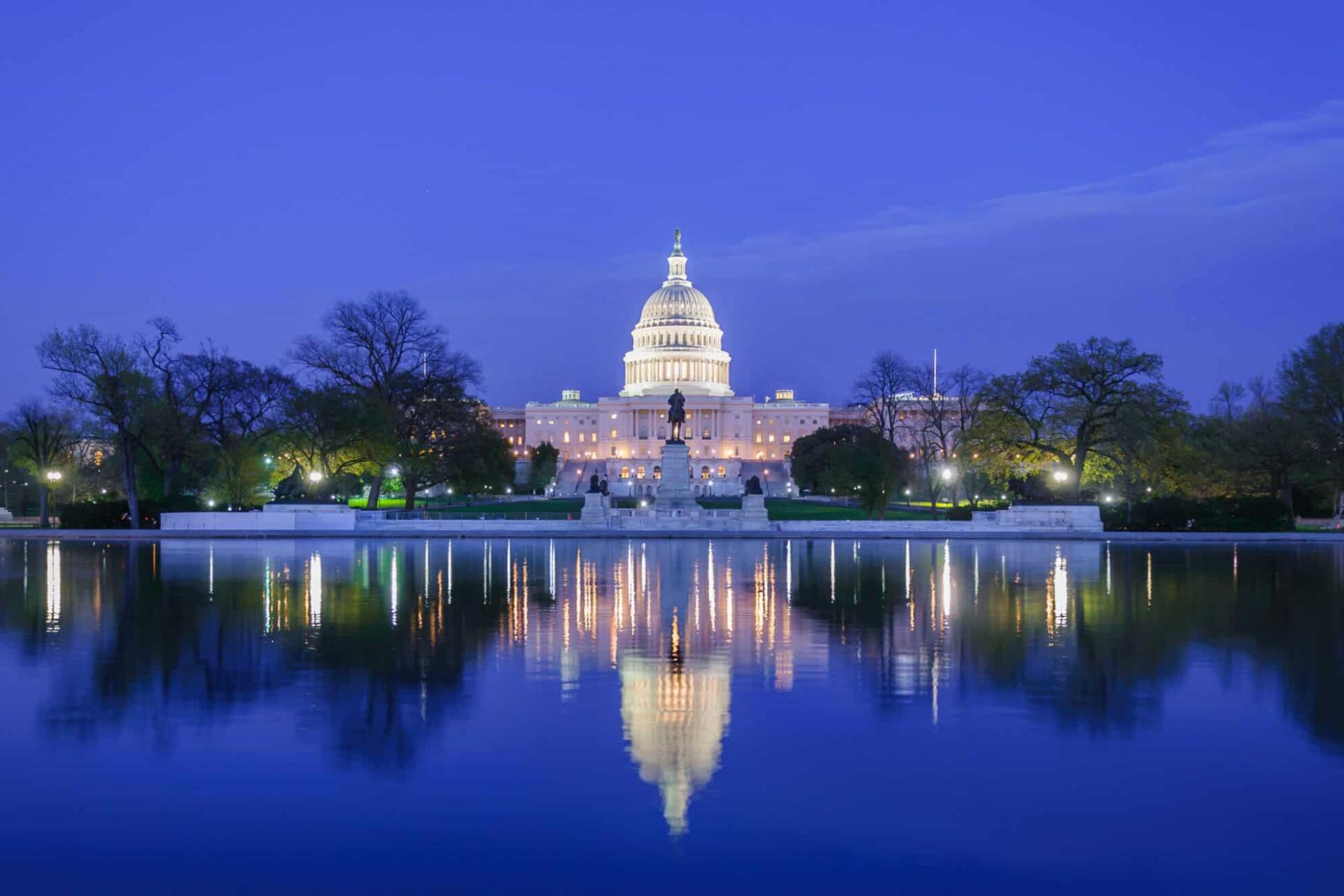Rep. Obernolte reintroduces three bills to root out wasteful government spending

Rep. Obernolte reintroduces three bills to root out wasteful government spending.
This week, U.S. Congressman Jay Obernolte (R-CA), reintroduced the Finding Federal Savings Committee Resolution, Obernolte Balanced Budget Amendment, and the Cost-Share Accountability Act to combat wasteful government spending.
“The U.S. national debt has surpassed $36 trillion, and is growing by $1 trillion about every 100 days,” said Rep. Obernolte. “Congress and DOGE must prioritize cutting underperforming and nonessential federal programs to bring spending back under control and work together to finally balance the federal budget.”
Rep. Obernolte’s Finding Federal Savings Committee Resolution will help bring fiscal responsibility back to the federal government. The bill is modeled after the post-World War II era Anti-Appropriations Committee and would establish a bipartisan committee within the U.S. House of Representatives to find and recommend the modification or elimination of underperforming and nonessential federal programs. This would significantly decrease federal spending by reducing the size of the federal government and streamlining the mammoth federal bureaucracy.
The Obernolte Balanced Budget Amendment implements a constitutional mandate to require that Congress balance the federal budget over five years, and to ensure in the future that there is not a deficit between what is appropriated and what is collected as federal revenue in any given year unless a fiscal emergency exists.
The Cost-Share Accountability Act increases accountability over the Department of Energy’s federally funded projects by requiring the Department to make public and submit to Congress quarterly reports on the use of its authority to modify or bypass the statutory cost-sharing requirement. This change will ensure better transparency and competitiveness in the Department’s awards process and improve stewardship of taxpayer dollars.
The current United States national debt is over $36 trillion, or $100,000 for every American. Projections from the nonpartisan Congressional Budget Office indicate that number will increase rapidly unless Congress balances its budget, with the federal spending deficit predicted to average $1.9 trillion between 2025 and 2034 as a result of recent spending increases. The federal debt is projected to reach 166% of the nation’s GDP by 2054, the highest in U.S. history.
